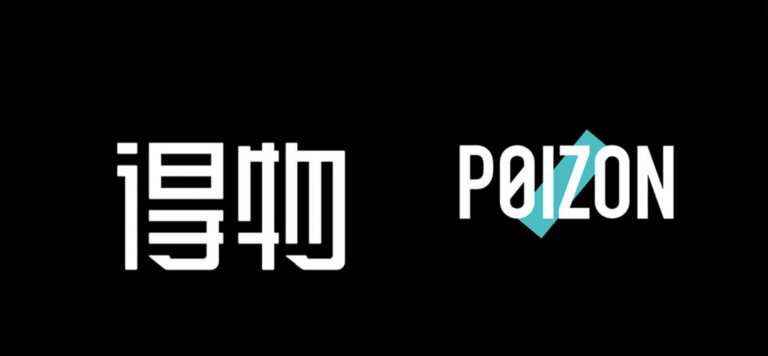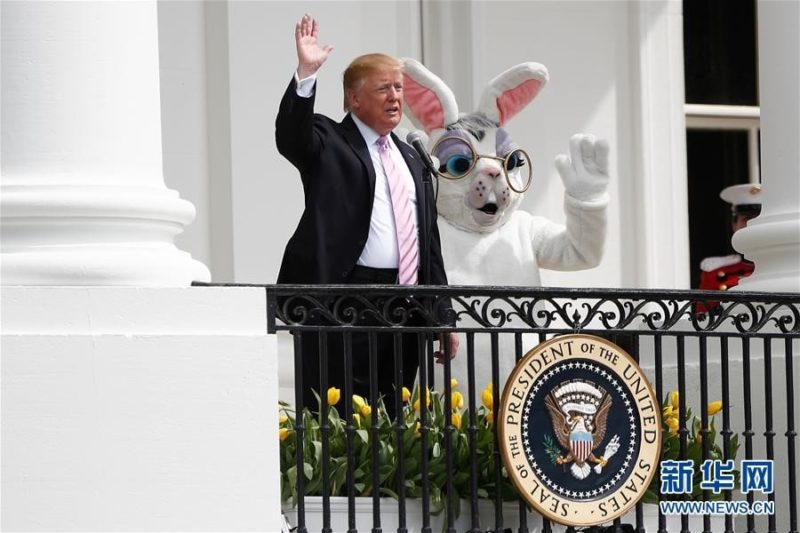
This year’s Easter was on April 21st, 2019, and while it is not traditionally a holiday celebrated in China, it seems that Chinese netizens have taken an interest in the holiday as well. Easter is a Christian holiday, making it mostly celebrated in the Americas and Europe. The date is determined by the Sunday after the Spring Equinox and always falls between March 22 to April 25.
This Easter searches for “Easter” or “复活节” fuhuojie skyrocketed on various Chinese platforms, such as Baidu and WeChat. Official Chinese news site Xinhuanet published articles regarding festivals and celebrations of Easter in the United States, while Weibo, the Chinese counterpart for twitter seemed to also have taken an interest in events that have occurred in the West surrounding this holiday. Generally, while Chinese netizens have taken interest in Easter, they are unsure as to what the holiday really is, this expressing curiosity and a desire to be more educated on the topic. Daxue Consulting conducted an analysis of the Chinese media-scape of this Easter discussion.
Easter: A high search interest amongst Chinese platforms
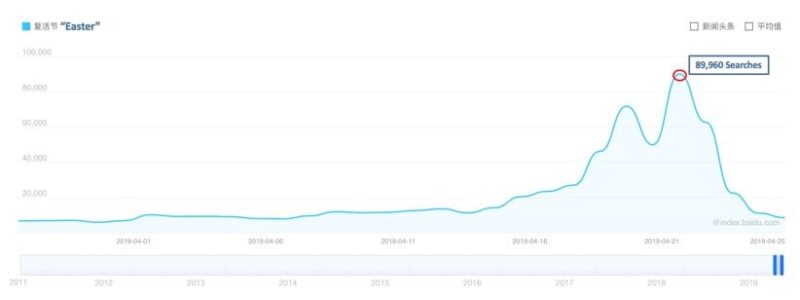
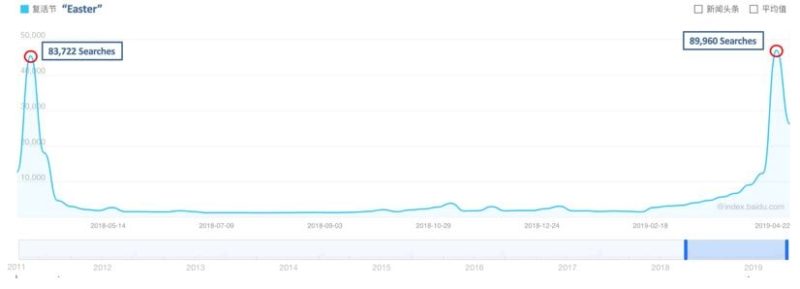
Our analysis using Baidu Index showed that searches for the keyword “Easter” among Chinese netizens reached over 89 thousand searches on the day of Easter, April 21st. The previous week also demonstrated a high search interest, reaching over 76 thousand searches. On average, the search for “Easter” on Easter weekend increased 16-fold from the previous month of March, from an average of 5 thousand searches in March to 80 thousand on Easter weekend. We also see that interest has increased since last Easter, with 7 thousand more Baidu searches this year than last the previous.
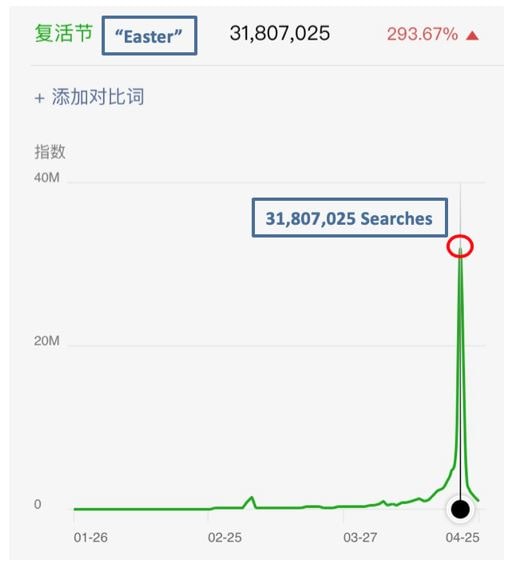
On WeChat, the most widely used social media app in China, the search index result was much higher, reaching 31 million searches on the day of Easter. The search for written content on WeChat regarding Easter was mainly educational and informative. Headlines include, “Where did Easter Holiday Come from? (The process of Jesus’s Resurrection)”, “Easter, a Holiday filled with Colorful Eggs,” “The Life of Easter, Death, and Resurrection.” These articles mainly describe the origins of the holiday, how people should celebrate it, and what are some common rituals surrounding the holiday, such as Easter egg hunting.
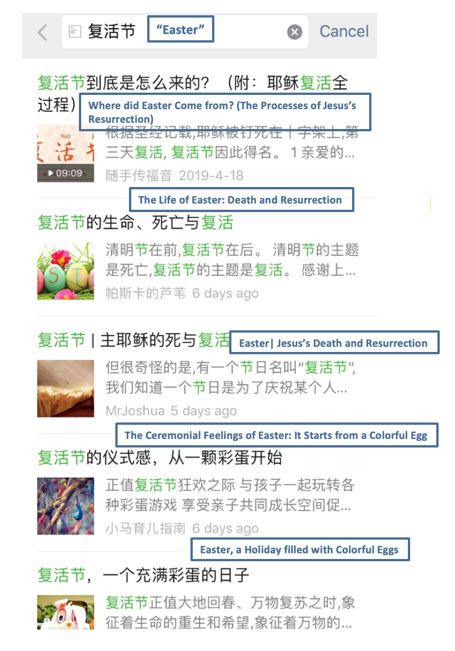
Chinese Netizens want to understand more about Easter
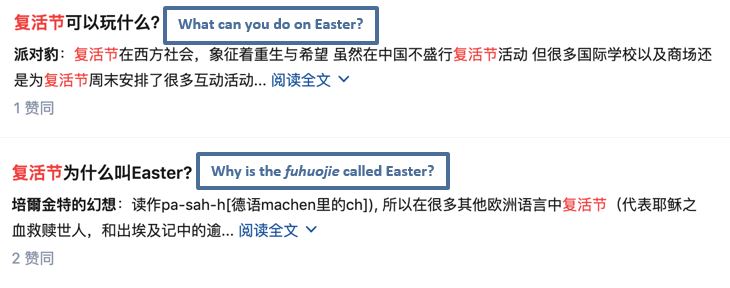
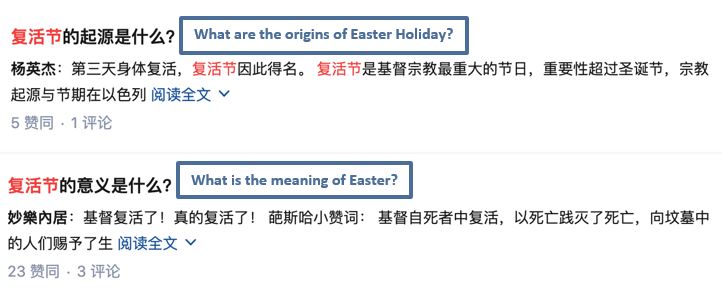
Not only are the Chinese searching about Easter, Results from Zhihu, show overwhelmingly that the Chinese are unsure as to what the Western holiday is, and wish to learn more about its origins. In addition to the questions, The answers and articles are often quite detailed, offering insightful and detailed explanations for the history and religious context. For instance, one article on the question-and-answer site specifically targets Chinese students studying abroad. It offers the students a background of Easter holiday, explaining that “it is considered by Christians to a symbol of life and hope.” One article on the question-and-answer site even shows instructions on how to make colorful bunnies out of paper art.
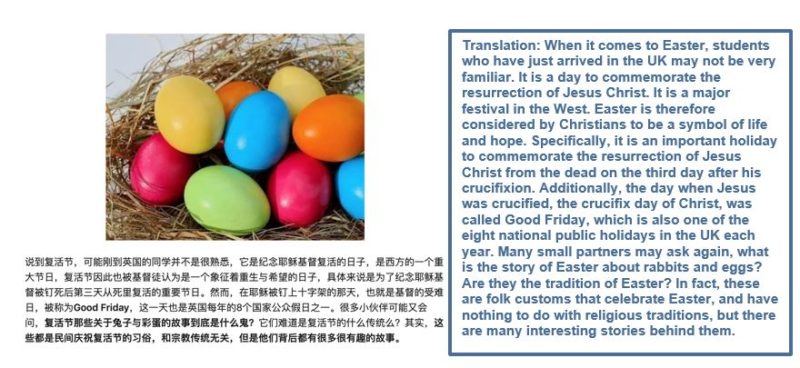
Colorful eggs and bunnies … what do they mean?
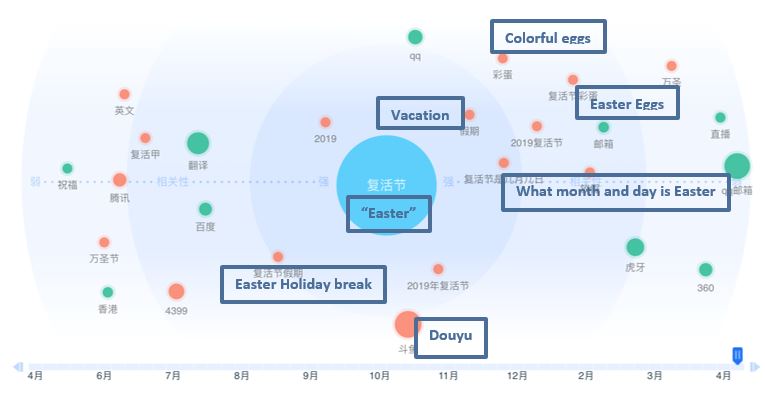
Chinese netizens are particularly interested in the stories behind the colorful eggs and associated with Easter. The exact date and vacation days of Easter are the most popular related searches in the Baidu Word Index. However, the next most common searches related to Easter are those relating to “Easter eggs” or “Colorful eggs.” “彩蛋” caidan is the Chinese term for “Easter egg,” which literally translates to color “彩” and egg “蛋”. Chinese livestreaming site Douyu is was also a popular keyword associated with Easter, which could have a number of implications such as: Chinese netizens searching livestreams of Easter festival/celebrations from other countries, or popular Chinese live streamers celebrating the holiday. While it seems that more searches for Easter eggs occurred this year, there are many questions on Zhihu asking about both eggs and bunnies, and many articles answering the questions on that context.
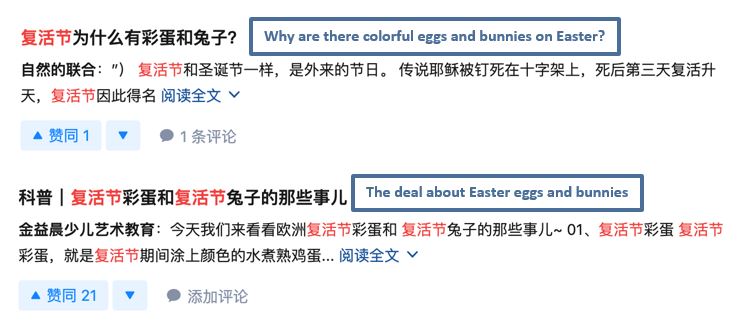
Weibo: The Viral Violent Easter bunny
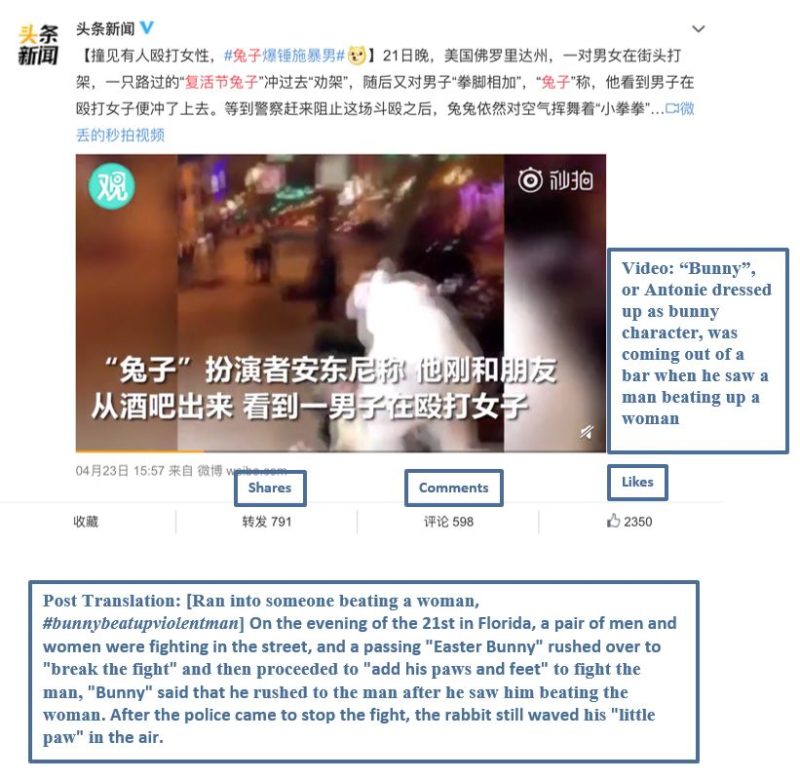
A video of a violent Easter bunny beating up a man in the streets became very popular on Weibo. The incident took place in the state of Florida in the United States, and the video was posted on multiple Weibo accounts. The man dressed as the Easter Bunny, named Antonie McDonald, saw a fight occur between a man and women when he came out of a bar in Orlando, Florida. He then claimed to “intervene” or “break up” the fight and proceeded to beat the man that was involved in the fight he saw. The most widely seen video was the one posted to the official news Weibo account “头条新闻” or “Headline News.” As of April 26, the post has received 2350 likes, 598 comments, and 791 shares. There were a number of Weibo hashtags for posts related to this incident, including #Easterbunny, #bunnybeatupviolentman, #Easterbunnyfleeingfromfamine.
International Easter coverage on official Chinese news media
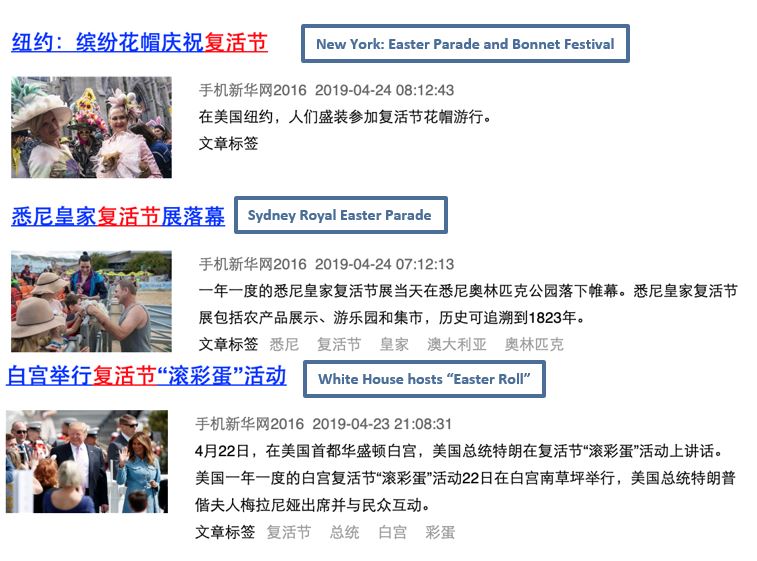
A search for “Easter” among Chinese netizens on the most popular official state media site, Xinhuanet, reveals 55new posted articles in 2019 related to the holiday. Coverage of Easter posts varies, from educational articles of how to celebrate Easter to also a number of international press coverage of Easter festivities from other countries. This year, Xinhuanet reported on events such as the New York Easter Parade and Bonnet Festival, the Sydney Royal Easter Show, and the 2019 White House Easter Egg Roll. With a number of posts on the White House Easter Egg Roll, it seems that the news site was especially interested in the White House Easter Roll. The posts were a main consisted of a photo reel of the event, most notably, Trump standing at the White House in the presence of an Easter Bunny.
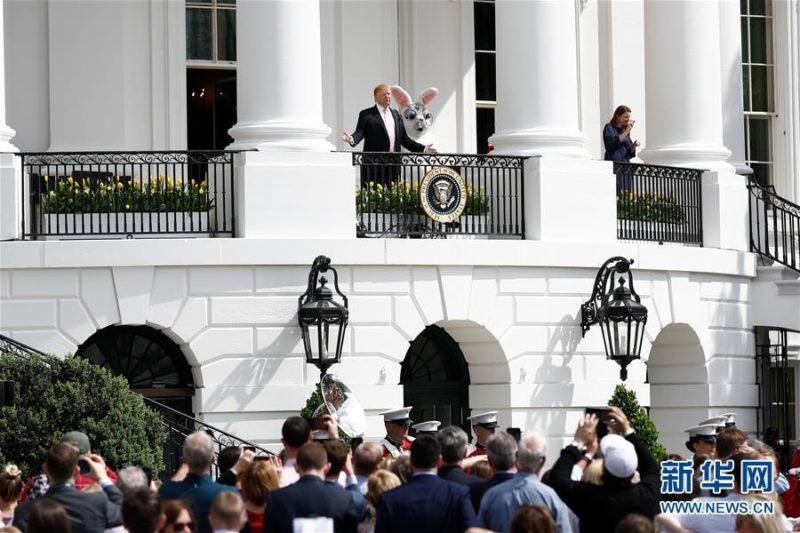
The overall trend of interest towards Easter in Chinese Media
In general, Chinese citizens are unsure of what exactly is the meaning of Easter, and what the festivities are surrounding this Western holiday. However, our analysis demonstrates a high search for “easter” among Chinese netizens, as well as a desire to understand the religious origins, its history, and its rituals. Recent events during the holiday, such as the viral video of the violent Easter bunny and the White House Easter Egg Roll seemed to have garnered a lot of attention in Chinese media, thus increasing conversation of Easter among Chinese media this year. Overall, while a desire to understand the holiday, Easter eggs, and Easter bunnies seem to be experiencing an upward trend, general awareness of Easter among the Chinese public is still low. This is largely due to its Western religious origins, as China was not a traditionally religious country, nor does it have a large Christian population today.
Author: Julia Qi
Make the new economic China Paradigm positive leverage for your business
Do not hesitate to reach out to our project managers at dx@daxueconsulting.com to get all answers to your questions



